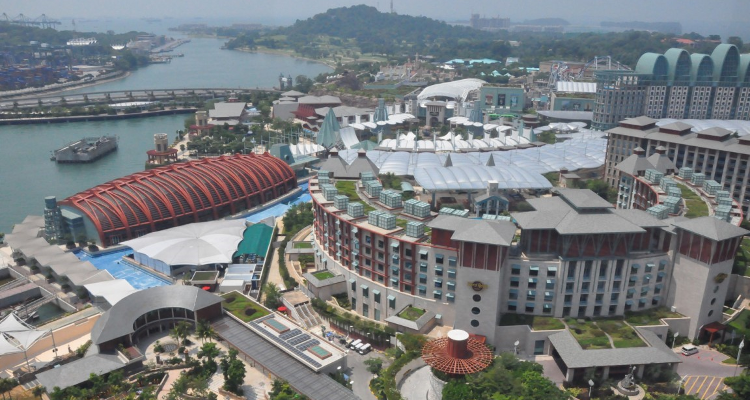Global casino operator Genting Singapore looks likely to keep its upcoming annual dividend payments at the same level as 2015 as it awaits more clarity on the future likelihood of a resort casino development in Japan.
According to a report from GGRAsia, the Singapore-based firm is expected to announce a 2016 annual dividend payment of $ 0.01 per share despite an envisaged 0.3% increase year-on-year in its net dividend yield for the twelve-month period to 2%.
The news website cited a report from analysts Angus Chan and Jeany Wu of Swiss global financial services firm UBS in predicting that the move from Genting Singapore, which operates the $4.8 billion Resorts World Sentosa development, would give it net cash of around $2.81 billion at the end of the 2016 fiscal year.
“Genting Singapore has kept its cash balance high with the hope that it could secure a gaming licence in Japan,” read the analysis from Wu and Chan. “However, the anticipated liberalisation of casino gaming in Japan has been delayed for a number of years.”
As such, the pair predicted that Genting Singapore, which established a number of Japanese subsidiaries in 2014, is taking a “wait and see approach” at least “until there is more clarity on its Japan business”.
“Genting Singapore will partner [with] Japanese institutions that will add to the strength of its proposal for an integrated resort in Japan,” read a statement released at that time by the Kuala Lumpur-listed operator’s parent, Genting Bhd.
GGRAsia reported that proposed legislation that could legalize resort casinos in Japan may be debated as soon as late-September via an upcoming extraordinary session of the nation’s parliament, the Diet. It explained that any developer could be expected to spend as much as $10 billion per project although it noted that this figure had been produced “at the height of the casino gross gaming revenue boom experienced in Macau in 2013 and 2014 and before China’s crackdown on corruption”.
“[Genting Singapore] remains highly cash-flow generative,” read the analysis from Chan and Wu. “Moreover, we believe the high level of bad debt provisions should be largely over, thanks to the sharp decline in VIP volume, tighter credit extension policies and an improved credit collection environment.”
The pair reported that second-quarter net current receivables at Genting Singapore had declined to just under $292.5 million, which represented a two-thirds drop when compared with the $886.6 million seen for the same three-month period in 2014, and means that the firm’s exposure to “bad debt that is not provided for has significantly reduced”.



